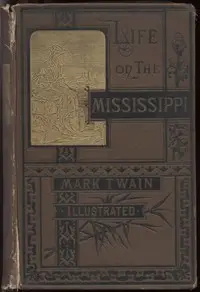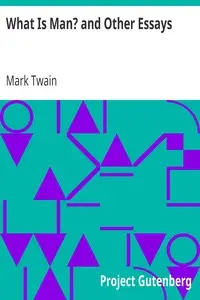"The £1,000,000 Bank-Note" by Mark Twain is a collection of short stories written in the late 19th century. In this particular tale, the narrative follows an American mining-broker’s clerk who, through a series of fortunate events, comes into possession of a million-pound bank-note. Stranded in London with no means but this note, he embarks on a comedic exploration of social status, wealth, and human nature, highlighting the absurdities of society and the hustle of life in a foreign city. At the start of the story, we meet a protagonist who finds himself in dire circumstances after being carried out to sea and working as a common sailor to reach London. Consequently, his only asset is a mysterious, untouched million-pound bank-note that he is skeptical about using. The plot unfolds as he navigates a world that reacts to him as a wealthy man due to the note’s presence, despite his initial poverty, leading to unexpected social interactions and reflections on worth and reputation. This premise sets the stage for Twain's characteristic wit, humor, and insightful commentary on human behavior amid the disparities of wealth and social class. (This is an automatically generated summary.)

The £1,000,000 bank-note, and other new stories
By Mark Twain
"The £1,000,000 Bank-Note" by Mark Twain is a collection of short stories written in the late 19th century. In this particular tale, the narrative fol...
Samuel Langhorne Clemens, known by the pen name Mark Twain, was an American writer, humorist, and essayist. He was praised as the "greatest humorist the United States has produced," with William Faulkner calling him "the father of American literature." Twain's novels include The Adventures of Tom Sawyer (1876) and its sequel, Adventures of Huckleberry Finn (1884), with the latter often called the "Great American Novel." He also wrote A Connecticut Yankee in King Arthur's Court (1889) and Pudd'nhead Wilson (1894) and cowrote The Gilded Age: A Tale of Today (1873) with Charles Dudley Warner.


















